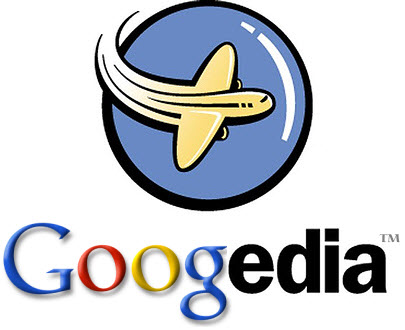Expedia’s (NASDAQ:EXPE) shares rose on another round of Google (NASDAQ:GOOG) acquisition rumors. Acquiring a large and complex global travel agency with an extensive customer care organization and supplier account management group would be a significant departure from Google’s 50+ previous technology oriented acquisitions. The travel industry represents one of Google’s largest sources of advertising revenue – an acquisition of Expedia could be highly disruptive as OTAs and suppliers would reevaluate advertising spend supporting their largest competitor.
A similar rumor surfaced at exactly this time last year suggesting Expedia would be scooped up by Google to assist its penetration of the travel vertical. This appears to be the identical rumor, with the only difference being Expedia’s lower market cap.
Google already possesses several technologies that could potentially aid the transition of its travel business from an advertising model into a hybrid advertising / transactional model. Google has resisted entering the transactional arena due to the potential negative impact on advertising revenues. For example, Google has allowed the entry of airport codes and date pairs to be entered into a general search and returns links to Expedia and other Online Travel Agents for booking. Google has also resisted providing a more advanced Kayak-style meta-search interface or even greater integration with Google Checkout to create a more streamlined transactional user experience in favor of supporting the growth of advertising revenues from the OTAs and other travel suppliers.
Expedia’s hotel merchant agreements, extensive and well organized hotel/destination content and user generated reviews represent assets could integrate nicely with Google’s search, geolocation and advertising tools sets. However, other innovative, high growth and scalable travel technology acquisitions could offer greater opportunities for Google to provide better synergies to grow advertising revenues from the travel vertical.
The end game for winning the travel marketing and distribution game will be effectively managing the highly fragmented hotel and local attractions sectors – areas that coincidentally offer the highest margin opportunities in the travel space. These areas will be less likely to adopt a zero commission stance in the near to mid term due to local competition and the lack of alignment between property owners, management companies and brand franchises. Many of these groups derive significant profit from incremental sales opportunities and remain willing to pay commissions as an incentive for intermediaries to shift share from competitors.
Further industry standards work is currently underway that will impact the future of hotel distribution, specifically the Hotel Electronic Distribution Network Association’s Universal Global Identifier and the Open Travel Alliance’s FastRez tool. As these standards are introduced and adopted, one will see obstacles currently inhibiting the aggregation of hotel content and the streamlining of transaction processes progressively eliminated.
It would seem that the opportunity for Google to make a significant advance in the travel space from an advertising based model to a transactional model would be when ubiquitous technology is available to resolve the current fragmentation of the hotel and destination sectors. It would seem much more likely for Google to spend the next 3-5 years focusing on strategic technology acquisitions in preparation for the hotel and destination assets becoming more readily accessible.
There is always the potential for Google to depart from its traditional approach to focus on foundational technology oriented acquisitions. However, the impact of the acquisition of Expedia in the travel vertical would be similar to Google acquiring Amazon in the retail vertical – great fodder for rumors and speculation, but highly unlikely and a dramatically significant departure from past practice.
